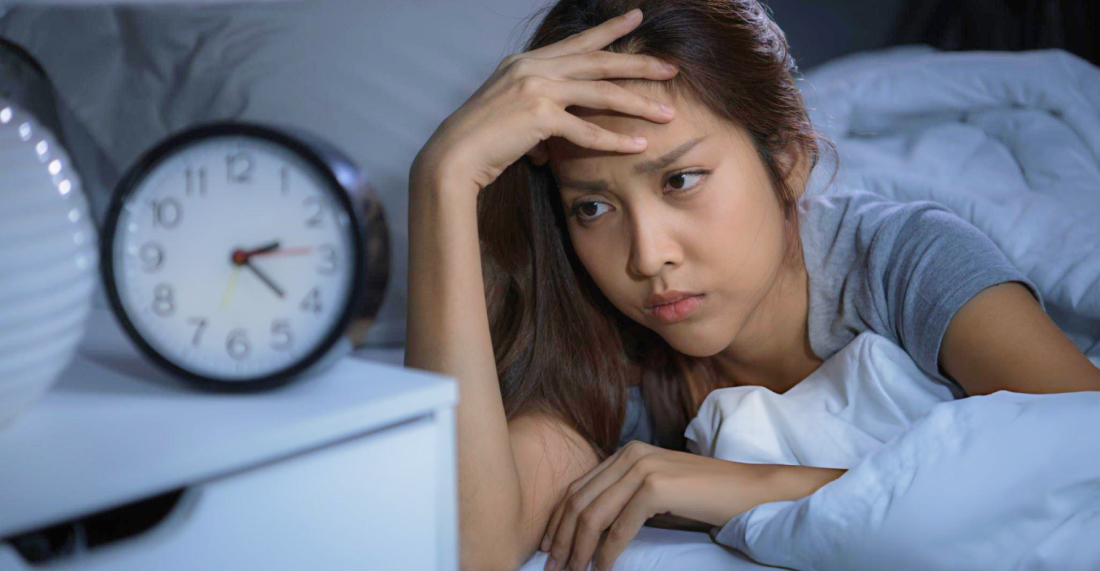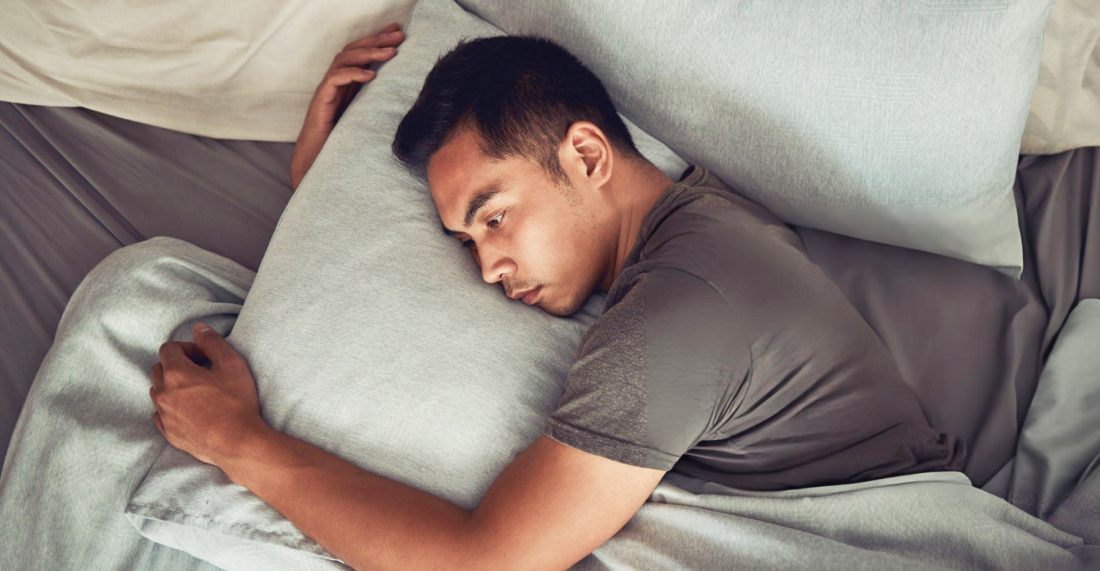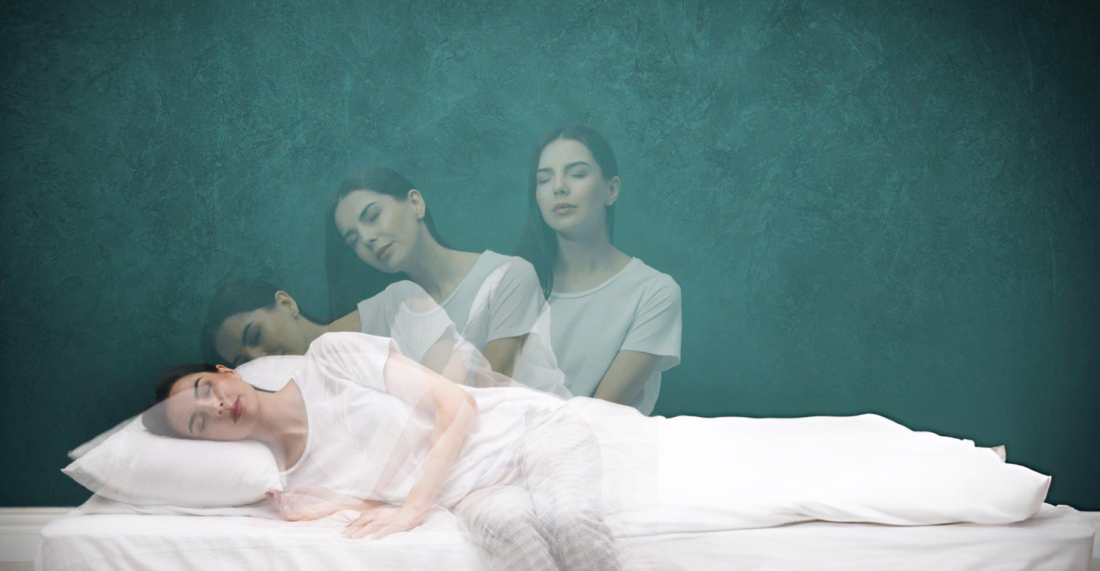

Sleep is essential for our overall well-being, but millions of people worldwide struggle with sleep disorders. These conditions disrupt the quality and quantity of sleep, often leading to various health issues.
Let’s explore the five types of sleep disorders, the most common and rare conditions, delve into causes, and outline effective treatments.
Let’s take a look at the five most common sleep disorders:
Insomnia is characterised by difficulty falling or staying asleep. It can be acute (short-term) or chronic (long-term) and often stems from stress, lifestyle habits, or underlying health issues. Over 30% of adults experience occasional insomnia, while 10% suffer from chronic insomnia.
Sleep apnea involves repeated interruptions in breathing during sleep. The two main types are obstructive sleep apnoea (OSA), caused by blocked airways, and central sleep apnoea, which results from the brain fails to send proper signals to the muscles that control breathing. Obstructive sleep apnoea affects approximately 25 million Americans, with many cases going undiagnosed.
Also known as RLS, Restless Legs Syndrome is characterised by uncontrollable urge to move the legs, often accompanied by uncomfortable sensations. It typically worsens at night and can significantly disrupt sleep.
A neurological disorder, Narcolepsy affects the ability of the brain to regulate sleep-wake cycles. Symptoms include excessive daytime sleepiness, sudden muscle weakness (cataplexy), and sleep paralysis.
Misalignment of the internal body clock with the external environment, leading to irregular sleep patterns leads to circadian rhythm disorders. Examples include jet lag and shift work sleep disorder.
Apart from the above five, there are a few sleep disorders which are less common, yet have a profound impact on individuals. Examples include:
Also known as “Sleeping Beauty Syndrome,” this condition causes excessive sleep episodes lasting days or weeks, interspersed with normal behaviour.
In this disorder, individuals act out their dreams due to a lack of normal muscle paralysis during REM sleep.
This is a genetic disorder leading to progressive insomnia and eventual fatality.
The causes of sleep disorders vary depending on the condition. Common factors include:

Sleep disorders can affect anyone, but adults are particularly vulnerable due to lifestyle and health changes. Sleep disorders in adults often stem from work stress, ageing, and coexisting medical conditions. For example:
Middle-aged adults are more likely to experience sleep apnea due to weight gain and changes in muscle tone.
Older adults often suffer from insomnia due to decreased melatonin production and medical conditions like arthritis.
Treatment depends on the type and severity of the disorder. Here are common approaches:
Stick to a regular sleep schedule, avoid screens, and do calming activities before bed to improve sleep quality and well-being.
Various treatment options are available for improving sleep quality, including sleep aids, antidepressants, and medications such as pramipexole for restless leg syndrome. CPAP devices can also be used to treat sleep apnea.
CBT for insomnia (CBT-I) is highly effective and focuses on changing negative thought patterns and behaviours around sleep.
Acupuncture, yoga, and meditation are effective for managing stress disorders, while melatonin supplements can help with circadian rhythm problems.
In severe cases of obstructive sleep apnea, surgical interventions like UPPP (uvulopalatopharyngoplasty) may be recommended.
Good sleep hygiene can prevent or alleviate many sleep disorders. Here are some tips:

If sleep disruptions continue despite making lifestyle changes, it is crucial to seek guidance from a sleep specialist. Signs that indicate the need for professional evaluation include loud snoring, gasping, or choking during sleep, excessive daytime sleepiness that impacts daily activities, and episodes of unusual behaviour during sleep, such as sleepwalking.
Sleep disorders, ranging from common conditions such as insomnia to rare ones such as Kleine-Levin Syndrome, significantly impact physical and mental health. Understanding what causes sleep disorders and exploring effective treatments can help individuals regain restful sleep.
By prioritising sleep hygiene and seeking professional guidance when needed, it is possible to address these challenges and enjoy the restorative power of sleep. Take action if you or a loved one is struggling with a sleep disorder for a healthier and more energetic life ahead.
Sources:
Spread the love, follow us on our social media channels